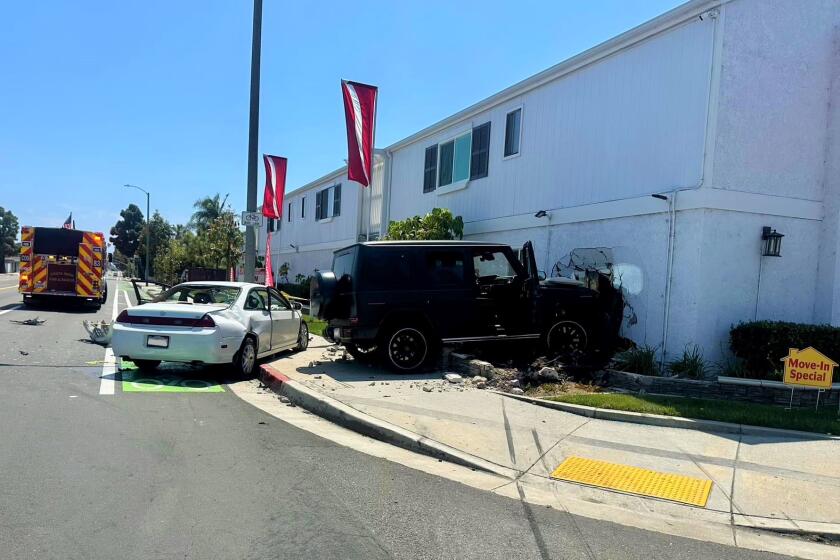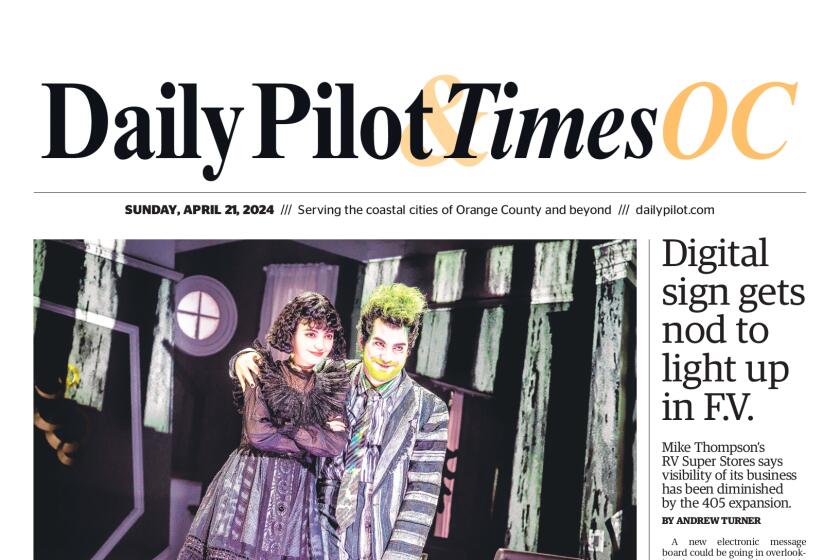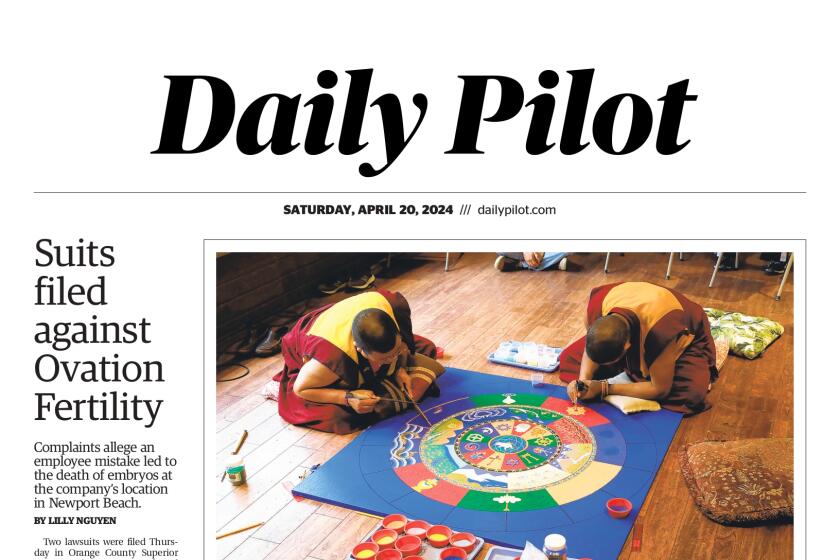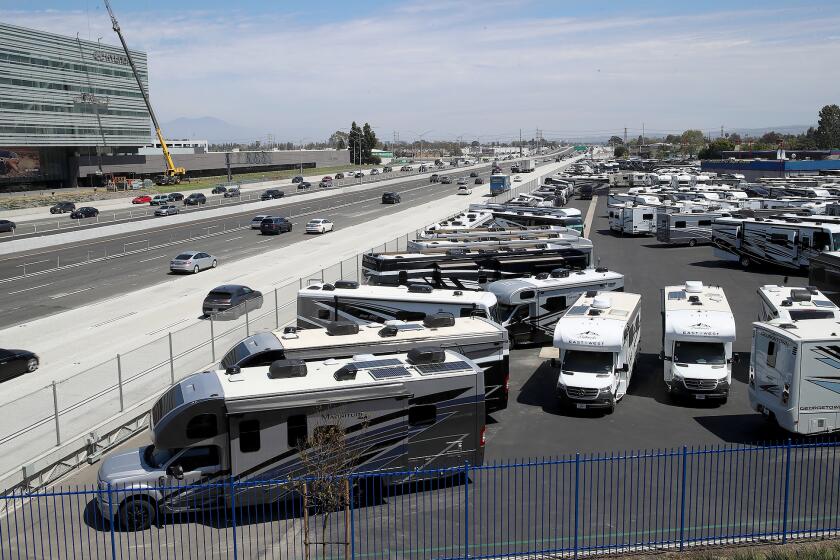Some Huntington Beach businesses could see trash rates increase 2.18%
The Huntington Beach City Council on Monday will consider a proposal to increase trash collection rates 2.18% for businesses by September to comply with a state mandate.
Assembly Bill 1826 requires businesses that generate specific amounts of food and organic waste each week to arrange recycling services.
The mandate is in effort to reduce organic waste disposal, which includes food and green waste, and landfill greenhouse gas emissions.
Rainbow Environmental Services’ updated organic waste recycling program provides a rate structure until January 2019.
Rainbow proposes:
- Businesses that generate 4 cubic yards or more of organic waste per week must comply by Sept. 1.
- Businesses that generate 4 cubic yards or more of solid waste, including trash and organics, must comply by January 2019.
If there hasn’t been a significant reduction in landfill organics, businesses that generate 2 cubic yards or more of solid waste per week must comply by January 2020. This would be enforced at CalRecycle’s discretion.
Businesses that generate 4 cubic yards or more of organic waste per week will be required to pay for a separate organic waste recycling center container, according to the staff report.
Rainbow estimates its annual cost to provide organic recycling services to businesses in Huntington Beach through 2019 to be $632,566.
Temporary ban on bicycle and scooter rental services
In other business, the City Council will consider an interim ban on shared mobility devices, such as rental scooters, for 120 days so officials can discuss how other cities regulate them.
The ordinance requires four votes to immediately take effect.
Transportation rental companies, such as Lime and Mobike, enable customers in various cities to unlock and rent bicycles or scooters using a mobile app. In some instances, users can park the devices anywhere and re-lock them through the app.
Councilman Patrick Brenden — who has said these “green” oservices can ease traffic congestion but can also create public nuisances and safety concerns — brought the proposal forward.
Advocacy travel guidelines
The council will also discuss whether it should establish formal guidelines for advocacy trips to Washington, D.C., or Sacramento.
The city does not have a formal policy outlining how much of the annual travel budget each council member receives, but $21,100 was set aside for training and conferences in fiscal 2017-18. The mayor received $4,300, and each council member got $2,800, according to the staff report.
The budget was increased to $26,100 for 2018-19.
Historically, seniority determined who attended advocacy trips — with the mayor first in line.
Now, if a council member exceeds their budget, they could ask to use another colleague’s unspent funds to attend conferences.
Advocacy trips are generally organized by third-party organizations, such as the League of California and the Assn. of California Cities — Orange County, according to the staff report.
Monday’s City Council meeting begins at 6 p.m. in the Civic Center at 2000 Main St.
Twitter: @vegapriscella
All the latest on Orange County from Orange County.
Get our free TimesOC newsletter.
You may occasionally receive promotional content from the Daily Pilot.




